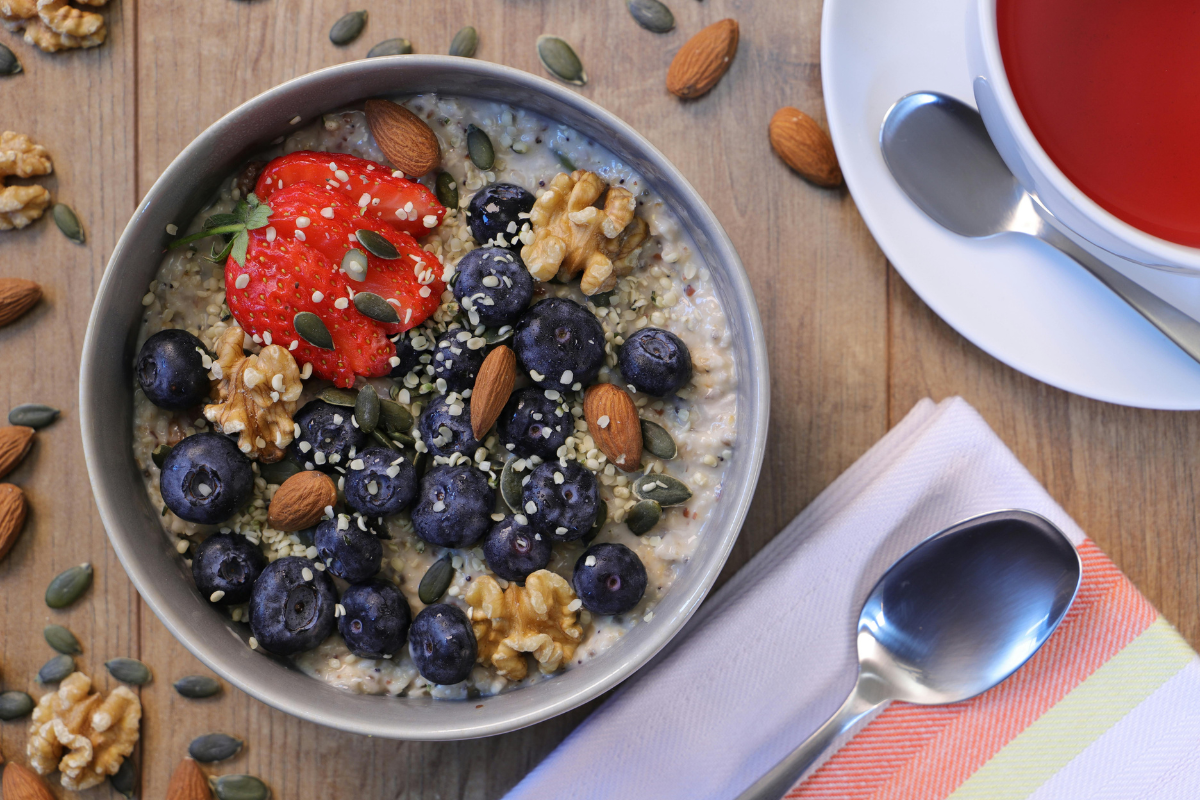
The Gut-Brain Connection: How Your Microbiome Impacts Your Mood

The Gut-Brain Connection: How Your Microbiome Impacts Your Mood
The intricate relationship between the gut and the brain, often referred to as the gut-brain axis, is a fascinating area of scientific exploration. This complex network involves the nervous system, the immune system, and the endocrine system, all interconnected through the gut microbiome.
The Role of the Microbiome in Mental Health
Your gut is home to trillions of microorganisms collectively known as the microbiome. This ecosystem plays a crucial role in various bodily functions, including digestion, immunity, and even mood regulation.
- Neurotransmitter Production: Gut bacteria produce neurotransmitters like serotonin and GABA, which significantly influence mood, anxiety, and sleep.
- Inflammation Regulation: An imbalance in gut bacteria can lead to chronic inflammation, linked to conditions like depression and anxiety.
- Digestive Health and Mood: Gut health directly impacts overall well-being. Digestive issues can contribute to stress and anxiety, creating a vicious cycle.
Diet and the Microbiome: Nurturing Your Gut
Diet is a cornerstone of gut health and, consequently, mental well-being. Incorporate these foods to nourish your microbiome:
- Probiotics: Found in yogurt, kefir, sauerkraut, and kimchi, probiotics introduce beneficial bacteria to your gut.
- Prebiotics: These fiber-rich foods fuel the growth of good bacteria. Include asparagus, garlic, onions, and bananas in your diet.
- Fermented Foods: Enjoy the benefits of naturally occurring probiotics in fermented foods like kombucha, miso, and tempeh.
- Fiber-Rich Foods: Whole grains, fruits, and vegetables provide essential fiber to support gut health.
- Limit Processed Foods: Reduce consumption of processed foods, sugary drinks, and excessive red meat, as they can negatively impact the microbiome.
Lifestyle Factors and Gut Health
In addition to diet, other lifestyle factors influence your gut microbiome:
- Stress Management: Chronic stress can disrupt gut bacteria. Practice relaxation techniques like meditation or yoga.
- Adequate Sleep: Sufficient sleep is essential for overall health, including gut function.
- Regular Exercise: Physical activity promotes gut motility and overall well-being.
- Hydration: Staying hydrated is crucial for optimal digestive function.
Gut Health and Mental Health Conditions
Emerging research suggests a link between gut imbalances and mental health conditions:
-
Depression: Gut dysbiosis may contribute to depressive symptoms.
-
Anxiety: An unhealthy gut can exacerbate anxiety and stress.
-
Autism Spectrum Disorder: Gut microbiome imbalances have been implicated in autism.
-
Parkinson's Disease: Gut inflammation may play a role in Parkinson's disease progression.
When to Seek Professional Help
If you experience persistent digestive issues or significant mood changes, consult a healthcare professional. They can evaluate your symptoms and recommend appropriate treatments.
Nurturing Your Gut for Optimal Mental Health
Prioritize gut health to support your mental well-being:
- Dietary Adjustments: Focus on whole foods, fiber, and probiotics.
- Lifestyle Modifications: Manage stress, prioritize sleep, and engage in regular exercise.
- Supplements: Consider probiotics or prebiotic supplements after consulting a healthcare provider.
- Gut Health Testing: Discuss microbiome testing with your doctor to assess gut health.
Conclusion:
The gut-brain connection underscores the importance of a healthy microbiome for overall well-being. By making conscious dietary choices and adopting healthy lifestyle habits, you can nurture your gut and positively impact your mental health. Remember, a happy gut contributes to a happier you.

















































